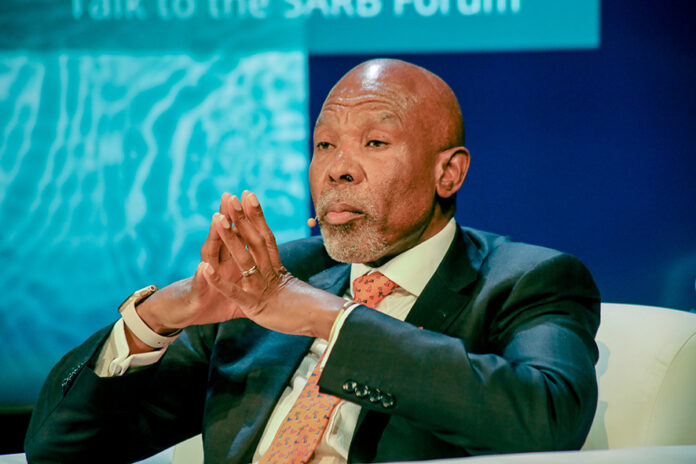The year 2024 has been an economic mixed bag. While there has been a significant decline in the prices of goods and services, largely due to the strengthening of the rand, lower fuel prices, and a stable electricity supply, these factors have done little to stimulate economic growth.
We also saw the government announce plans to withdraw R150-billion from the South African Reserve Bank’s R500-billion Gold and Foreign Exchange Contingency Reserve Account to reduce borrowing and its debt-service costs.
The two-pot retirement system was implemented on September 1, resulting in retirement contributions being split, with one third of contributions going to a savings pot and two thirds to a retirement pot. The effects of the two-pot system on the
economy are expected to be quantified early next year.
Stats SA revealed last week that the gross domestic product (GDP) weakened by 0.3% in the third quarter of 2024 while the official unemployment rate is sitting on 32.1%.
“South Africa’s economy, for the better part of 2024, performed poorly,” says economist Mandla Maleka.
“As we close the year, the only bright spark is on inflation, which has hugely surprised on the downside.”
Maleka bemoaned that the benefits of lower prices were not translated into fitting cuts in interest rates.
“Yes, interest rates were generally lowered by 25 basis points when the opportunity was there to be bold and cut by 50 basis points or moral boosting 100 basis points.”
He says interest rates could have been lowered by more than 200 basis points by now as inflation fell below top end target in July 2023.
“The Monetary Policy Committee still sees some risks to inflation, particularly when the new US president is inaugurated in January.
“A sneak preview is that President Trump could impose imports tariffs on most economies and that could cause economic stagnation,” he says.
Maleka points out that SA’s economic stagnation was self-inflicted through constraints in the supply side of the economy and Trump is not to blame.
“It’s only barely a year with no loadshedding and it’s only ‘now’ that the logistics company, Transnet, can manage to ensure seamless transportation of goods and services.
“Both electricity supply and rail way availability recovered too late to lift 2024 economy. So even at the slightest possibility of tariffs imposition by president elect, Trump, our economy was already flat.”
“Third quarter GDP numbers were poor in fact measured quarter-on-quarter; economy contracted by 0.3%. Unable to correct unemployment rate in excess of 32% meaning the economy can’t absorb a number of school leavers. This is self-inflicted economic harm way before Trump.”
The US dollar to rand exchange opened the year at R18,59 but rallied in the year to almost R17 prior to weakening to current 17.88. Trade balance for the better part of 2024 measured per month in billion, posted positive balance.
Another economist Redge Nkosi has slammed government’s plan to grow the economy, saying technocrats and politicians were clueless on creating jobs and increasing the GDP.
The portfolio committee on trade and industry chairperson Mzwandile Masina, recently provided an overview of the committee’s work since its establishment.
Nkosi said at issue was that government institutions, including trade and industry department, on one hand, and National Treasury and Reserve, on another, as they appear to be pulling in different directions.
He said while trade and industry aimed to industrialise the economy, National Treasury and Reserve Bank were coming up with policies to deindustrialise the economy.
“The department of trade and industry’s scheme of black industrialists is decent, but it will not work because it’s not tied to a financing scheme that is sufficiently robust to produce the type of industry we need.
“Industrialisation is a consequence of money being supplied into the economy at a reasonable rate. There is absolutely nothing that this economy is going to do to grow unless National Treasury and Reserve Bank change their policies,” said Nkosi.
In the portfolio committee Masina said they had engaged robustly with the trade and industry department and its entities regarding their performance and programmes related to industrialisation, inclusive economic growth, and transformation.
When it comes to economic transformation, Masina said the committee prioritised demographic changes in ownership, management, and control of production to promote inclusivity.



